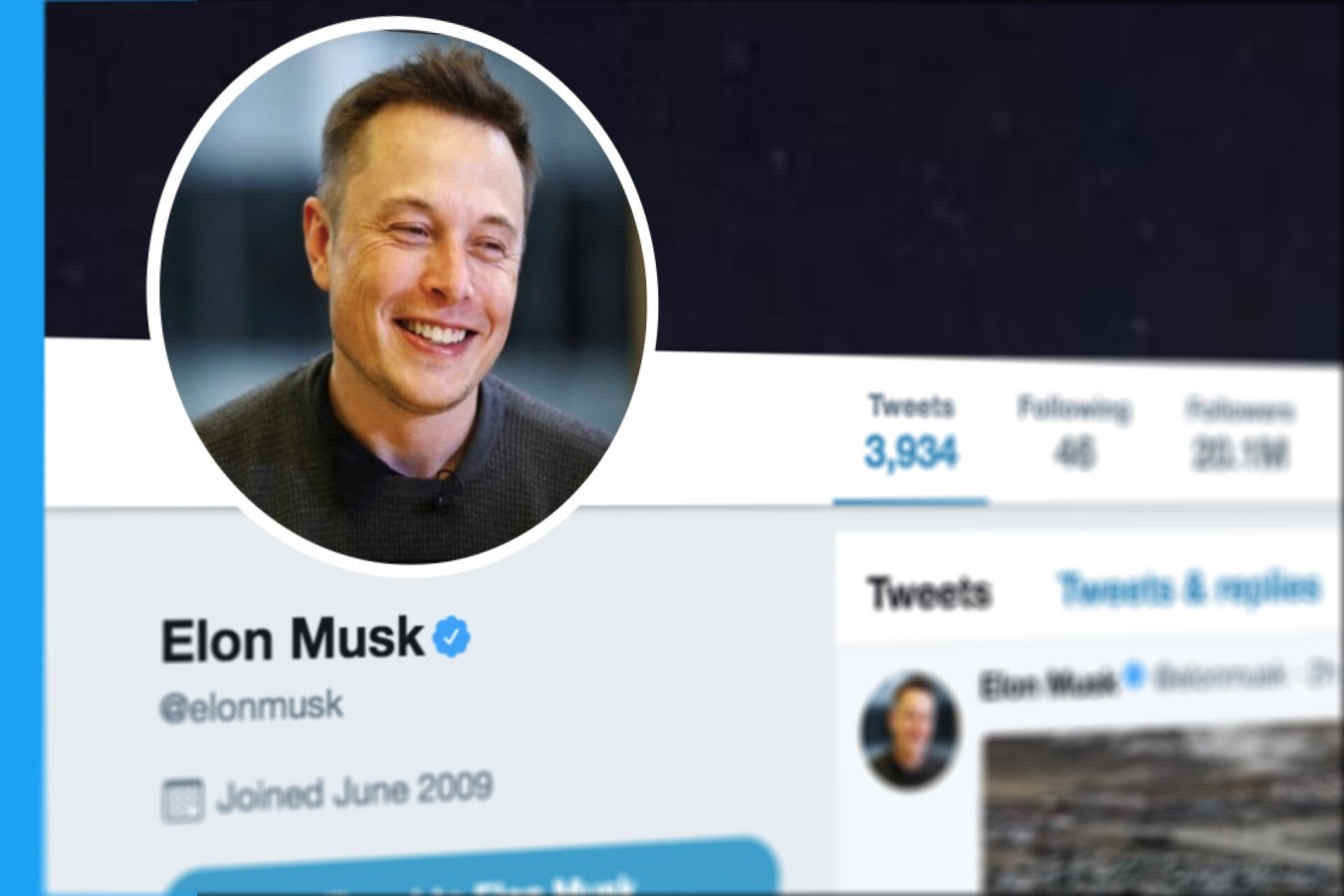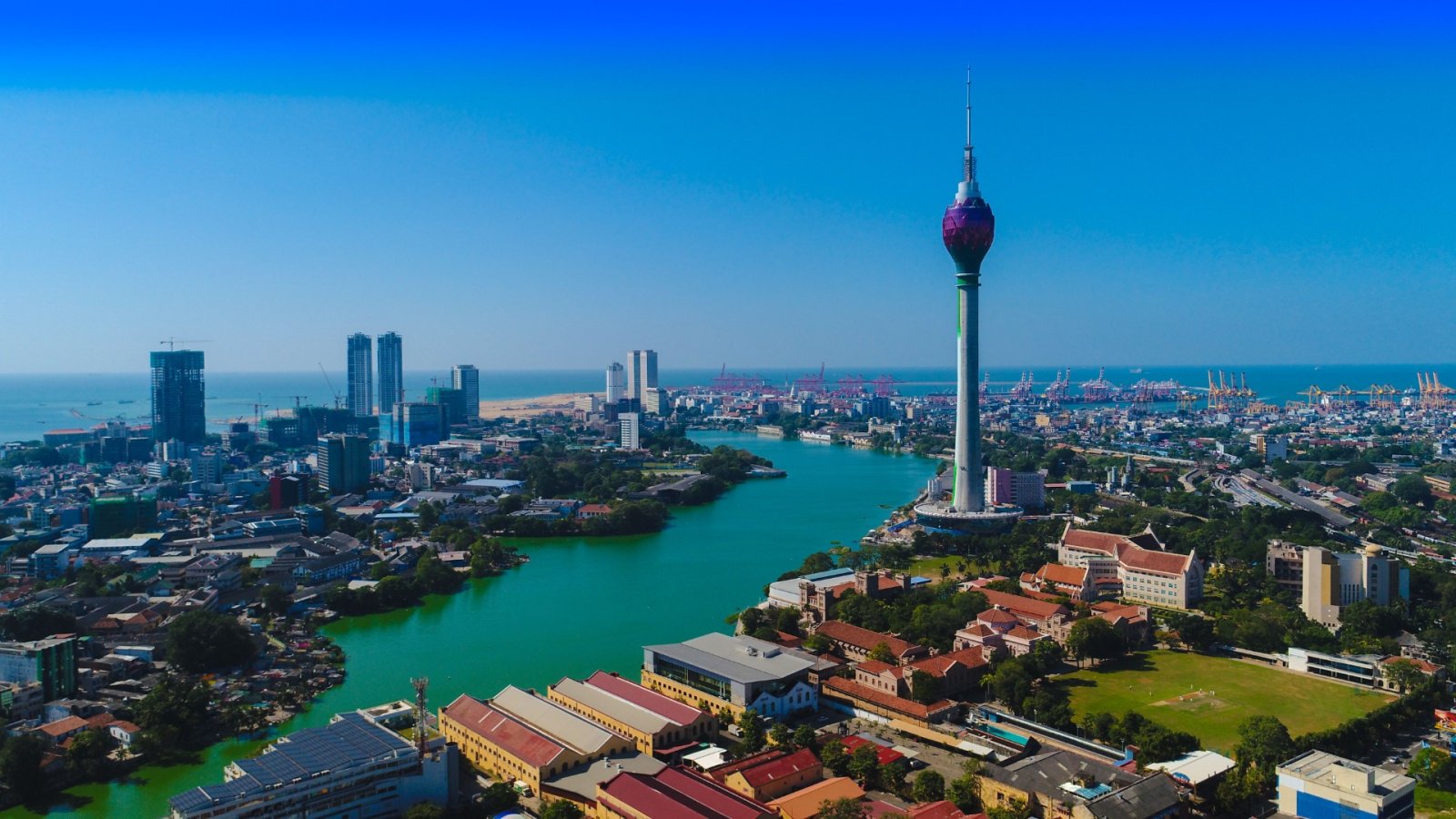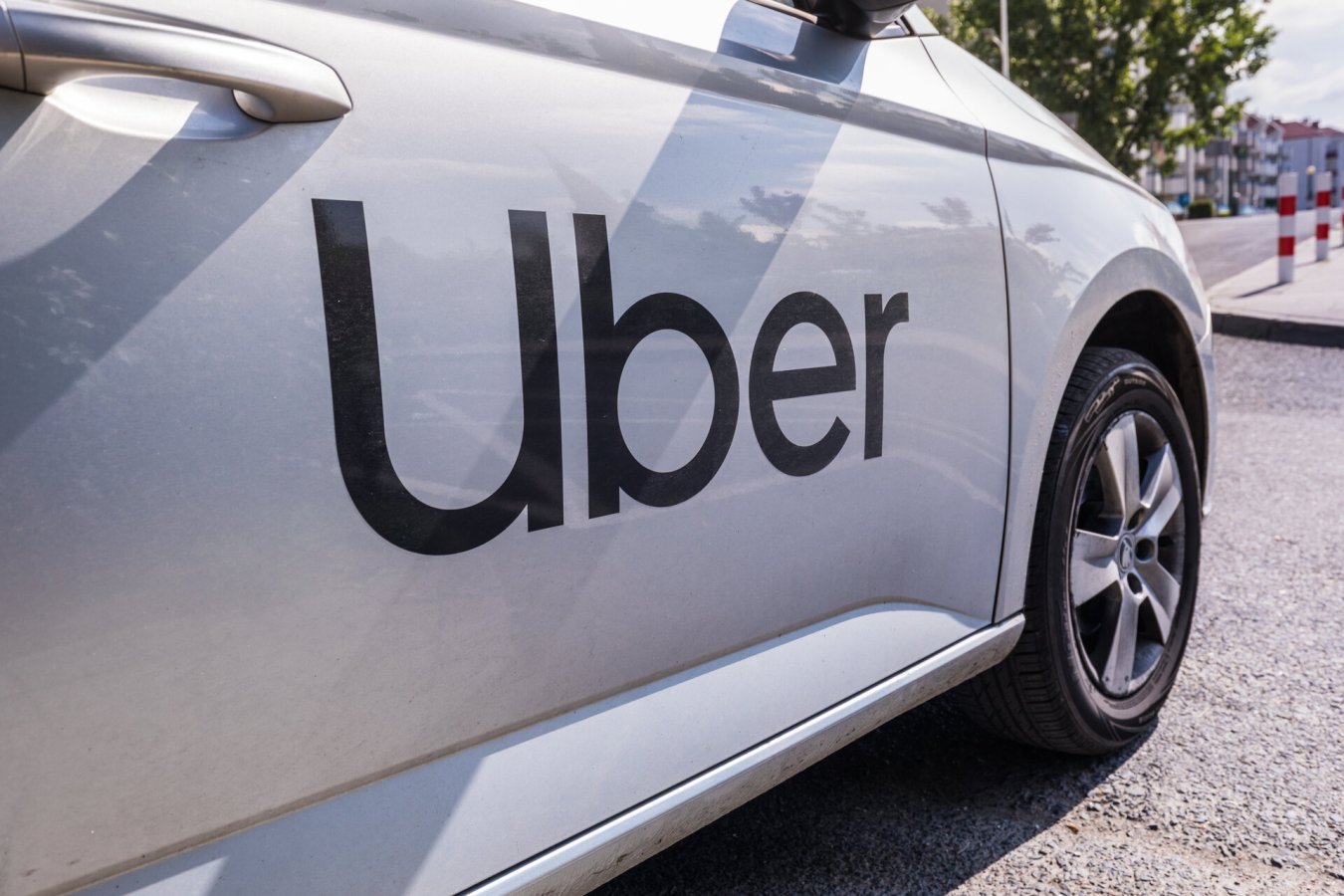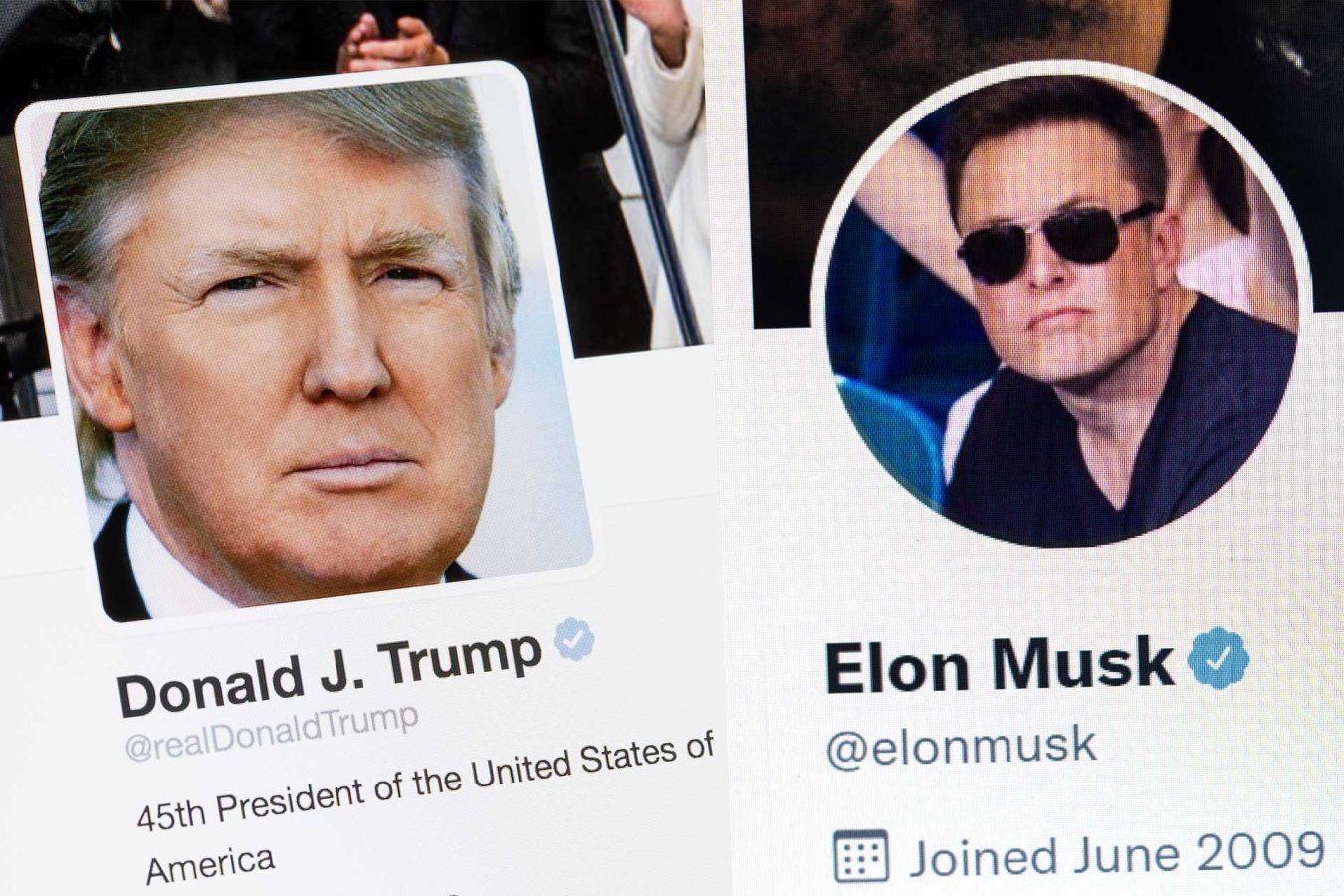Just in July 2022, the World Health Organization declared monkeypox a global public health emergency. And the quick reaction from a large part of Twitter was hate and anger. But why? People accuse WHO of homophobia, calling back to the HIV/AIDS crisis of the late 1980s. This story has lately come to the forefront: focusing on LGBTQ+ people more extensively, and gay men in particular, and especially the way people talk about monkeypox is crucial and it shows we still need to learn from past crises and experiences, like the HIV crisis.
While the US government has not declared the situation a public health emergency, a UK government report showed that 97% of cases affected men who are gay or bisexual. Other published study in the New England Journal of Medicine showed that 98% of impacted people were men who have sex with other men.
Some important things you should know about monkeypox:
-
It's not new. It was first reported in humans in 1970 and has been endemic in central and west Africa for many years, with occasional outbreaks happening within these areas and a few episodes reported externally.
-
The virus is mostly not deadly but it is incredibly painful and disagreeable. Monkeypox infections have had a 3-10% case fatality rate.
-
Gay and queer men are currently most at risk. The information gathered over the first two months indicates that most patients were indeed queer men. However, there have also been separate reports of patients who are women and children.
-
The virus is mainly spreading through prolonged physical contact. That means you will not pick it up at the gym. The virus is most often transferred through direct skin-to-skin contact with someone who has lesions.
-
There is currently a vaccine, but it's not sufficient. There are two licensed vaccines at patients' disposal to fight off monkeypox, and these are ACAM2000 and Jynneos. Jynneos is a non-replicating virus vaccine, which is being used widely, as it is much easier to administer and safer for immunocompromised patients and people with skin conditions such as eczema. Both vaccines were initially created to fight smallpox, but are predicted to grant a degree of protection against monkeypox.
The CDC informs about the symptoms of monkeypox: a rash on or near the genitals or anus that could be on other areas too: hands, feet, chest, face, mouth.
Before it heals, the rash can have different stages, like scabs. Initially, it can look like blisters that are painful or itchy.
Other symptoms may be:
-
Fever, Swollen lymph nodes
-
Exhaustion and muscle aches
-
Headache, sore throat, nasal congestion
-
flu-like symptoms






